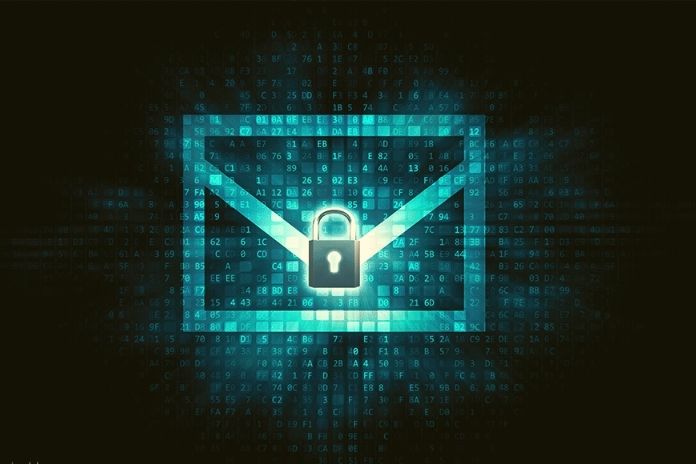Email Archiving Works: In private, users can decide whether and for how long they want to archive emails. The situation is different, with business emails. Therefore, we will explain to you how email archiving works in a professional context.
If users write or receive emails privately, they are free to keep or delete these messages. The situation is different with business emails, however. Employees must comply with legal requirements to ensure audit-proof and legally compliant email archiving at work. This is primarily because many companies rely less on letters and more on communication by email.
Email Archiving Works: For Whom And Why Is Email Archiving Mandatory?
Email archiving is mandatory for all businesses except freelancers and small businesses. The management is responsible for archiving, not with tax or legal consequences. The tax law and accounting requirements of companies serve as the basis for email archiving. It is also subject to compliance obligations, i.e., compliance with legal provisions and internal company guidelines.
Some laws and regulations define what the archiving has to look like in practice. Companies can, for example, use the Commercial Code (HGB), the tax decree, the Federal Data Protection Act, and the Telecommunications Act as a guide.
What Emails Do Companies Need To Keep?
Section 238 (2) of the Commercial Code (HGB) describes which emails must be stored in companies. This law states that every mail corresponding to a commercial letter must be archived. Commercial letters are all emails written or received in connection with the company. According to & 147 of the submission order, all emails related to tax law must also be appropriately archived.
To give you a better impression of the emails, here are some real-world examples:
- trading books
- inventories
- balance sheets
- organisational documents
- commercial or business letters
- booking vouchers
In summary, this means that all emails related to business must be appropriately saved. Incidentally, this applies to the emails themselves and all file attachments.
Emails that have a business context include, for example, contracts, order confirmations, invoices, and payment receipts. This also contains emails in which new customers are contacted by sales or other departments and all order changes. Legally compliant email archiving with the listed content includes sent and received emails. By the way, not only with external people but also with internal communication.
In return, all emails that did not result in a transaction do not have to be archived. Spam mails or advertising newsletters are also not subject to the obligation.
How Long Do Companies Have To Archive Emails?
The Act of the Commercial Code above also describes how long commercial letters are to be kept. The retention period for commercial letters is six years, beginning at the end of the calendar year when the email was sent or received.
However, this period of six years does not apply to emails containing, for example, invoices, booking vouchers, annual financial statements, or balance sheets. In these cases, the retention period of ten years applies. For this reason, many companies archive all emails for ten years to avoid having to do this time-consuming sorting.
This Is How Emails Are Archived Correctly
Exactly how emails have to be archived in companies is not prescribed by law in detail. According to the Commercial Code and the delivery order, it is only stipulated that audit-proof and legally compliant email archiving means that it is complete, correct, timely, unchangeable, orderly, and traceable. The exact location where the emails are archived is not specified. This means that they can save the emails both on their server and external storage sources. The only important thing is that the points listed above can be met.
Archiving that cannot be manipulated is also necessary to ensure audit-proof email archiving. Special programs for email archiving are available so that companies do not have to spend too much of their time archiving. Emails are automatically archived via software, which saves time and is uncomplicated.
Many companies save all emails to save time sorting. However, caution is required to avoid violating the General Data Protection Regulation because private emails from employees may only be archived with express consent. For this reason, many companies prohibit the use of emails for private purposes from the start. If you want to legally be on the safe side, you should always have your email archiving checked by a lawyer.
Conclusion: Always Make Email Archiving Audit-Proof And Legally Compliant
Proper email archiving is an essential part of any business. To not fear tax and legal consequences, it should always be carried out in an audit-proof and legally secure manner.
Anyone who does not have time for this archiving can quickly and safely use software that automatically takes care of this task. The company automatically and legally archives the emails for a low monthly fee.

